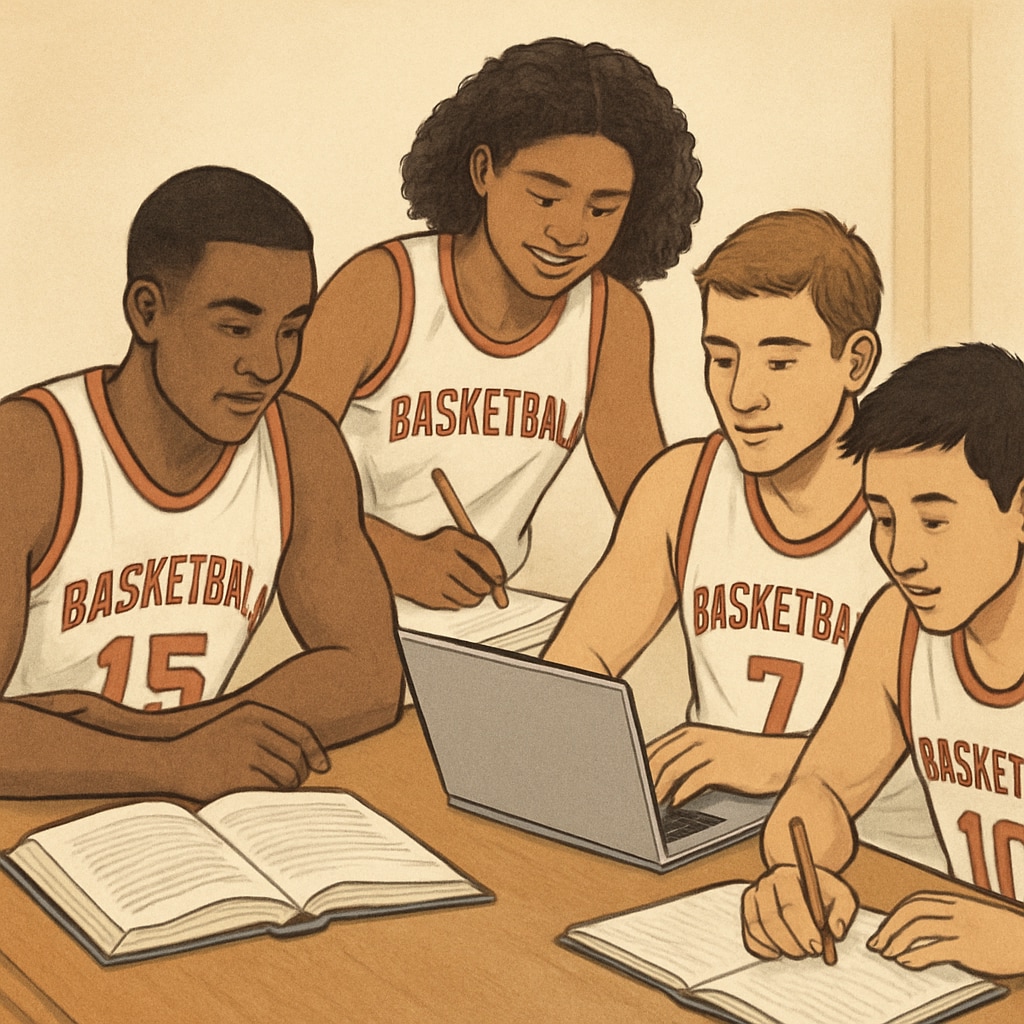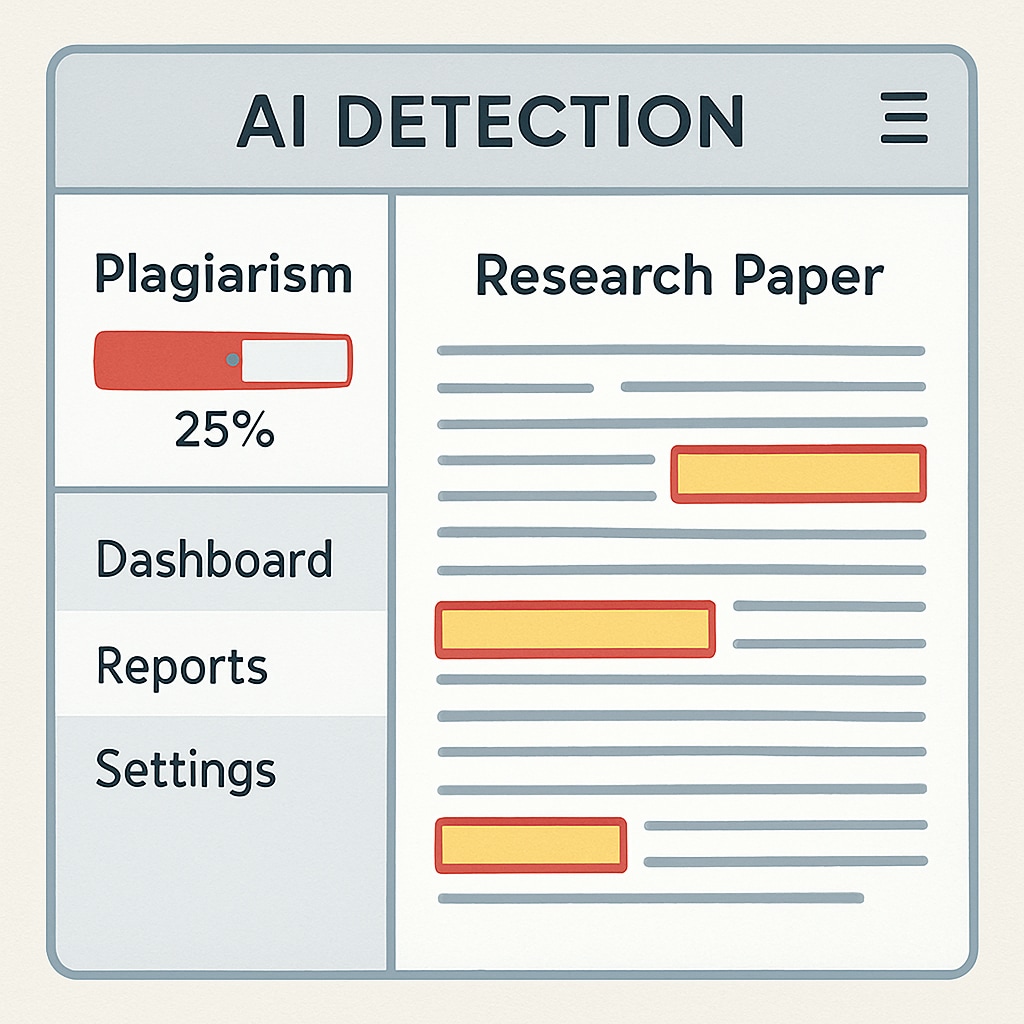The intersection of academic integrity, AI detection, and student athletes has become a critical discussion in modern education. As artificial intelligence transforms learning environments, collegiate sports programs face unique challenges ensuring ethical scholarship among their players. One university’s basketball team recently made headlines by implementing strict AI-powered paper analysis systems, setting a new standard for accountability in athlete education.
The Dual Pressure on Student Athletes
Competitive athletes often struggle with:
- 50+ hour weekly commitments to training and games
- Frequent travel disrupting study schedules
- Public scrutiny amplifying performance stress

AI Detection as an Educational Safeguard
The University of Michigan’s athletic department reported a 40% decrease in academic violations after introducing AI detection software across all sports programs. Their system combines:
- Textual analysis for plagiarism patterns
- Writing style consistency checks
- Source attribution verification
However, as noted in Britannica’s analysis of academic freedom, such measures require careful implementation to avoid creating adversarial learning environments.
Rebuilding Trust Through Technology
Forward-thinking athletic departments now use AI tools proactively:
- Pre-submission draft analysis
- Real-time citation assistance
- Personalized writing coaching

Educational transition: Many programs now introduce detection tools during freshman orientation, framing them as learning aids rather than punitive measures. This approach has shown particular success in sports with high academic pressure like football and basketball.
As one athletic director noted, “Our goal isn’t to catch cheaters – it’s to help young athletes develop the same integrity on paper as they show on the field.” This philosophy represents a promising path forward for maintaining academic standards in competitive sports environments.


